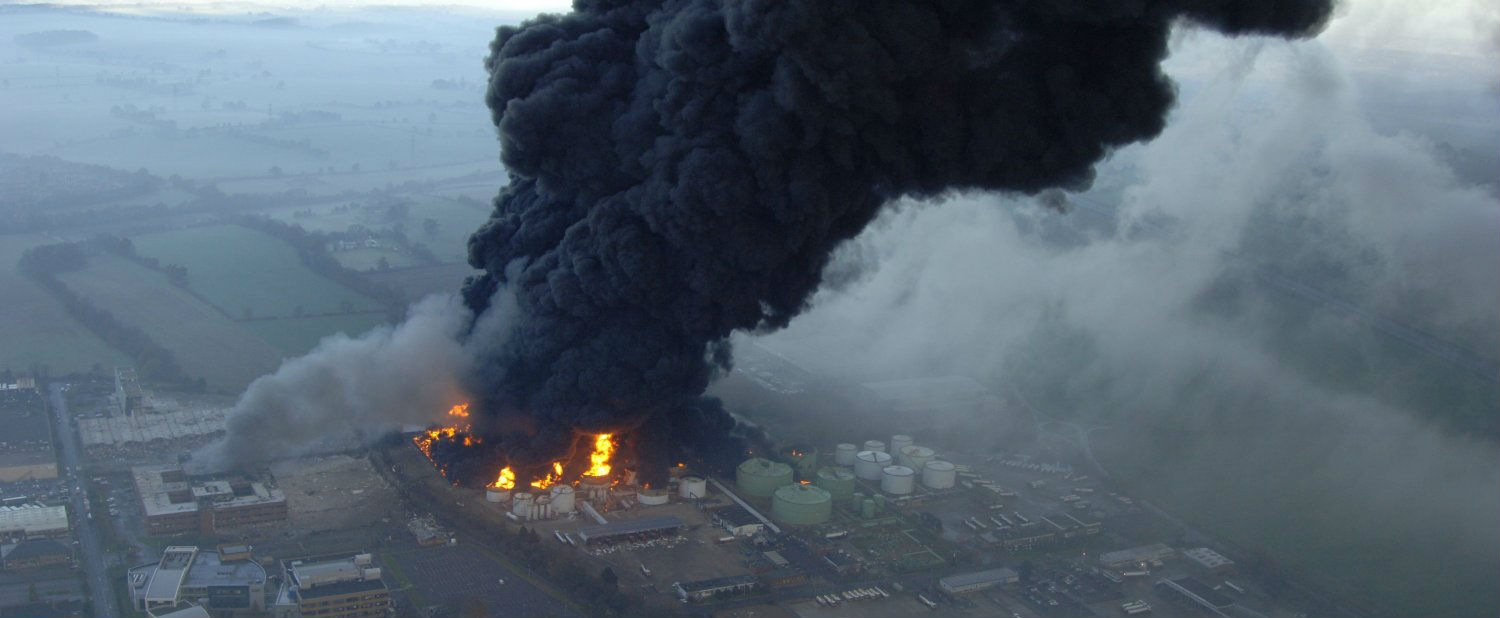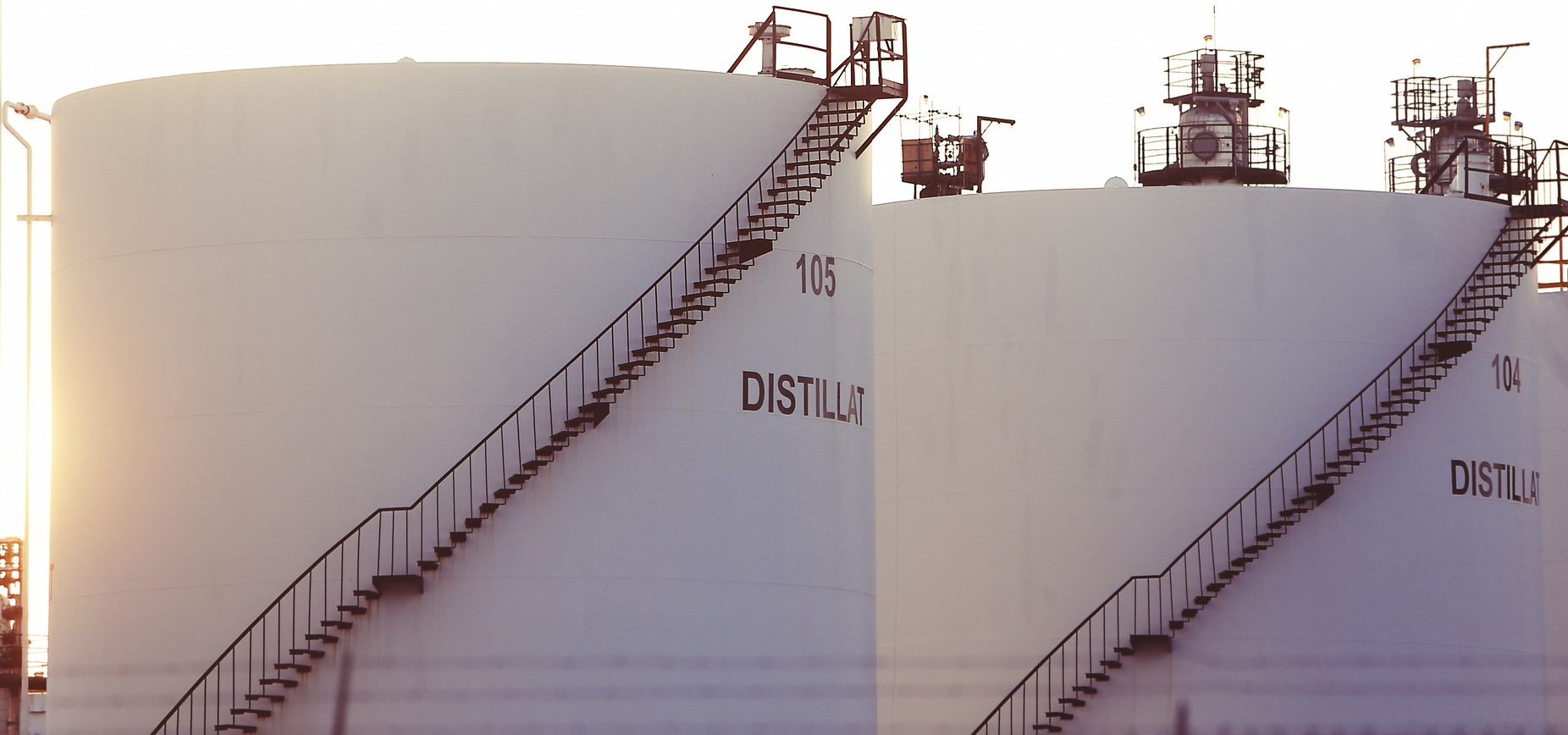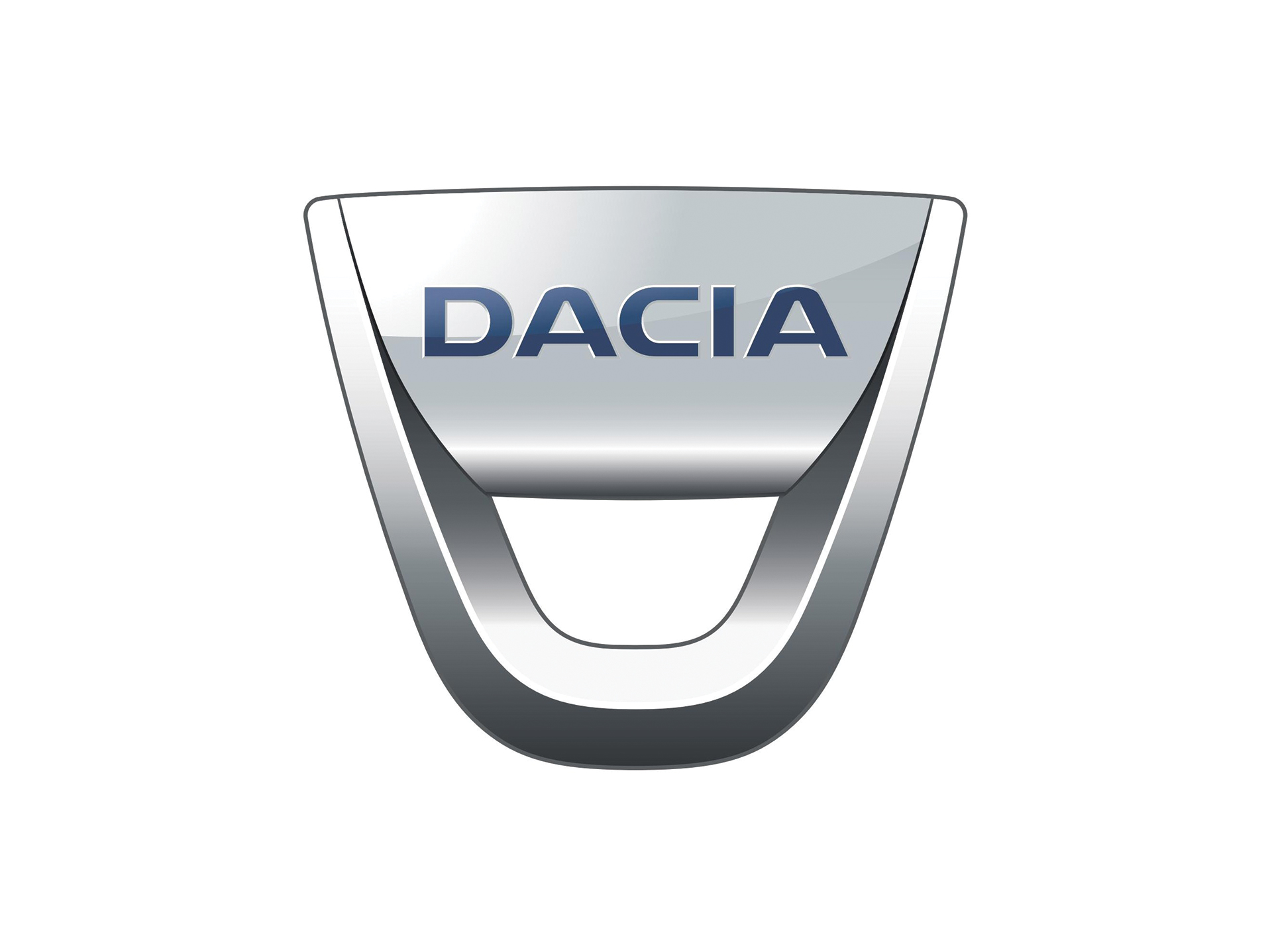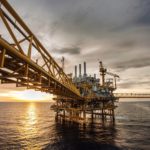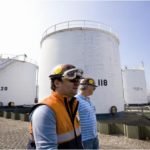In a previous article we were telling about the explosion at the Buncefield – considered the greatest fire after the Second World War. Whatever the size of fuel tanks and their position, when there is a risk of explosion that may affect human life first, safety becomes top priority.
Although incomparable as size, fuel tanks at Dacia Renault plants present the same risk, even higher: the area where the tanks are located is heavily trafficked by workers of the factory.
Fuel tanks inside DACIA area are fitted with an inertization with nitrogen station to control the fuel vapor (lighter volatile fractions) within the tanks, so they can not reach the atmosphere.
There are more than 200 volatile hazardous pollutants to be controlled to prevent the emission of vapor during refilling, storage, handling and processing operations.
Nitrogen inertisation is a safe and effective method of keeping the vapor in the tank.
The main purpose of inerting is to prevent aspiration of air and moisture inside the tank.
This moisture presence together with the oxygen lead to corrosion and / or contamination of the stored product.
Also, inerting is used as a method of prevention of the deformation of the container during pumping liquid from the inside.
For the tanks inside Dacia Renault area the inerting process control is achieved with Parker COSE panel – a unique device for managing the use of nitrogen under pressure in applications with continuous consumption.
COSE Parker retunes with pressure nitrogen storage batteries and provides low pressure nitrogen, adjustable by alternating nitrogen batteries with consumption. The system allows automatic adjustment of consumption to ensure a constant pressure required by the application.
Thus, operation and handling of fuel stored in tanks is done safely.
COSE Parker is a accessory equipment for the NitroFilĀ® nitrogen generator, but it can be installed independently, by connecting to the nitrogen storage battery at high-pressure.
Operating safety should be the main concern in applications where there is a risk of explosion, however small it may be.
Human security, both those directly involved in the operation, as well as those that could be affected, deserves all our care and efforts.
